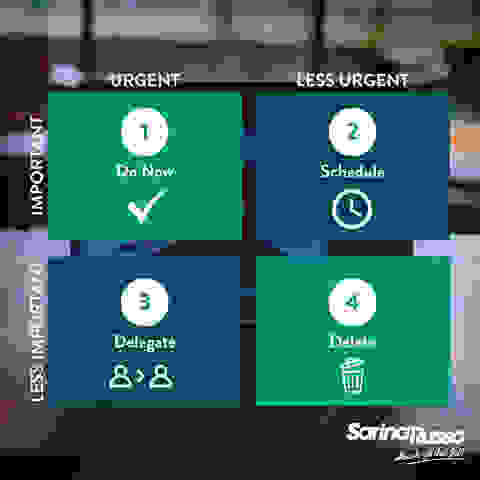Congratulations on getting your first job! All your hard work has paid off and you’re about to take the first step in starting your career.
You have probably heard people say, “Getting a job is one thing, but keeping it is another.” This is true in the sense that your probation period will determine if you’re fit for your role. Don't be alarmed, however, as this blog post will assist you in making a great first impression and help you pass your probation period.
No matter your education or experience background, the advice for starting work is always the same. Here are 10 tips to help you succeed in any workplace:



